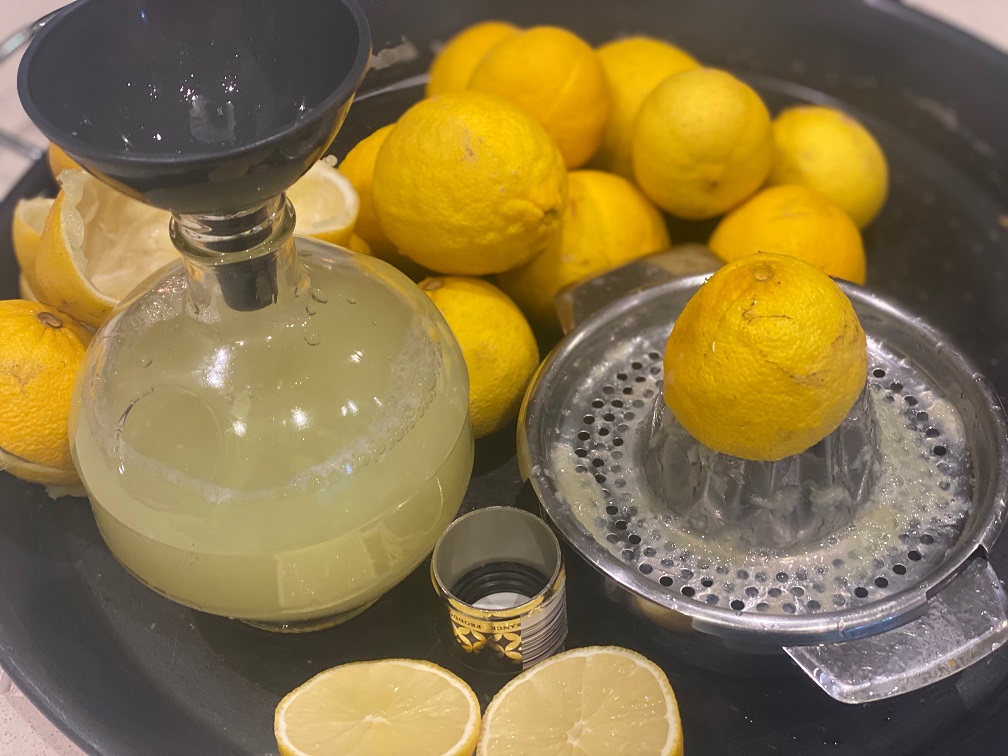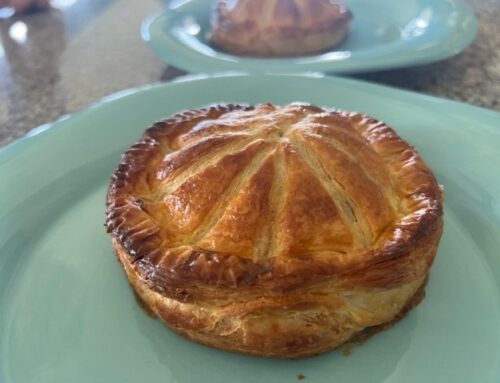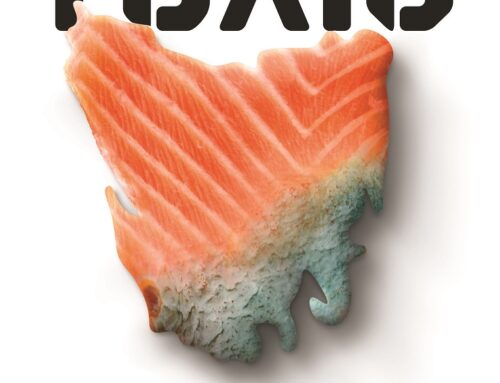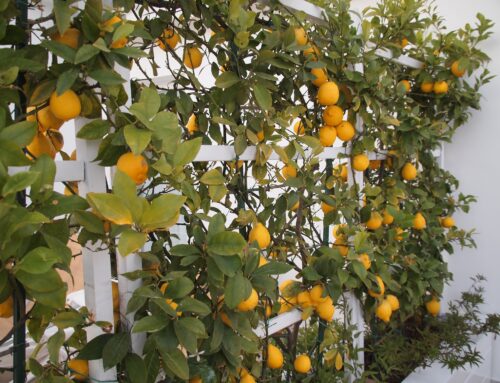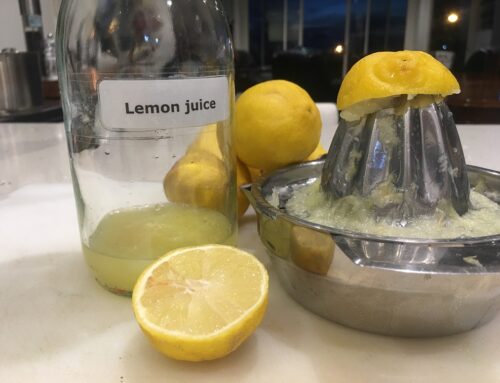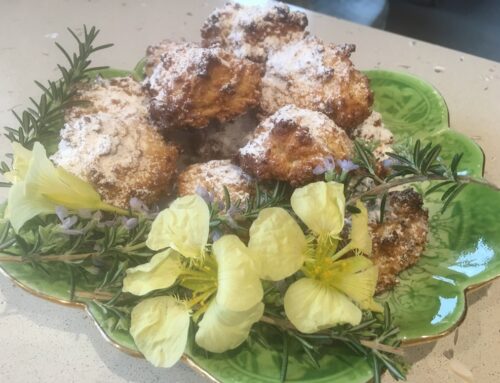In recipes, it is best to state lemon juice quantities in millilitres, rather than simply say the juice of a lemon. Often it is essential to be precise in the quantities one uses.
When a recipe calls for the juice of a lemon, it always raises the question, how much is that? Over the years, I have converted such anomalies in my recipes into millilitres or grams, whichever is appropriate. This is especially necessary with gelatine sheets, as various sheets weigh different weights, making it essential to state the grams of gelatine required to have the correct setting result for the dish you are making.
This will help you with the juice of a lemon:
1 small lemon about 115grams = 3 tablespoons fresh juice, about 45ml
1 medium lemon, about 150grams = 4 tablespoons fresh juice, about 60ml
1 large lemon, about 170grams = 5 tablespoons fresh juice, about 75ml
Note: To complicate this further, tablespoon measures also vary; in USA one tablespoon is 15ml; in UK it is 17.5ml and in Australia it is 20ml, so check where the recipe was published, if accuracy is essential.
How to Juice Lemons or Limes
Some lemons are tougher to squeeze than others, which means you could be leaving precious unused juice behind. To maximise the amount of juice you get from a lemon, try these tricks:
- Before you do anything, gently massage the lemon by rolling it across a cutting board. This helps softens the lemon and makes it much easier to juice.
- Pour boiling water over the whole lemon and leave for 5 minutes before squeezing or heat the fruit in the microwave for 1 minutes and leave to cool a little before squeezing.
- Slice the lemon in half crosswise instead of lengthwise.
- To juice lemons, I mainly use the traditional lemon squeezer; for just a lemon or 2, I use a lemon reamer, which is very slow but does yield a lot of juice.
- Don’t worry about catching the seeds, as you squeeze; you can remove them from juice later with a slotted spoon.
- Whether you’re juicing or zesting or cutting out the segments of flesh to chop up, be sure to avoid the white pith in the membrane, which encases each segment. Crushing this will release a bitterness into the dish, rather than bringing the brightness and balance that citrus so beautifully provides.
Lemons have countless uses, here are a few:
When juicing, zesting or cutting out the segments of the lemon flesh, avoid the white pith in the membrane, which encases each segment. This white pith is bitter and crushing this will release bitterness into the dish, rather than bringing the brightness and balance that citrus so beautifully provides.
Grated lemon zest can add ‘magic’ to your cooking, such as when added to pastry in a butter-rich pastry shell. So, experiment!
Any excess lemons that are aging, I always squeeze and freeze in ice-cube trays and small glass bottles, for easy defrosting and use.
For citrus zest: try these hints emailed to me by a long-standing cooking school client, Julie Gelman. Freeze the lemon shells makes them very easy to grate/zest. She also found that buddhas fingers are brilliant for zesting; slice and freeze them and when needed, zest whole slice; it is deliciously lemony and sweet!
Citrus balances flavours and can add ‘magic’ to a dish. Add a squeeze of lemon to mushrooms, over fish, any seafood, in mayonnaise, hollandaise and vinaigrettes, its heavenly. The addition of lemon zest and juice in an almond paste, prevents it from being too sickly sweet, or the juice and zest of limes can cut through the richness of a cheesecake.
It can also have a functional role in baking as an acid and the effect it can therefore have on other ingredients. For instance, when whisking egg whites to make simple meringues, cakes or souffles, the addition of something acid, such as lemon juice or vinegar assists the egg whites to increase in volume and stabilisers the foam.
When a recipe requires cream of tartar to stabilise the egg whites, a few drops of lemon juice per egg white will also do the trick.
When making jellies and jams, a teaspoon or two of lemon juice encourages the pectin, the setting agent to work.

